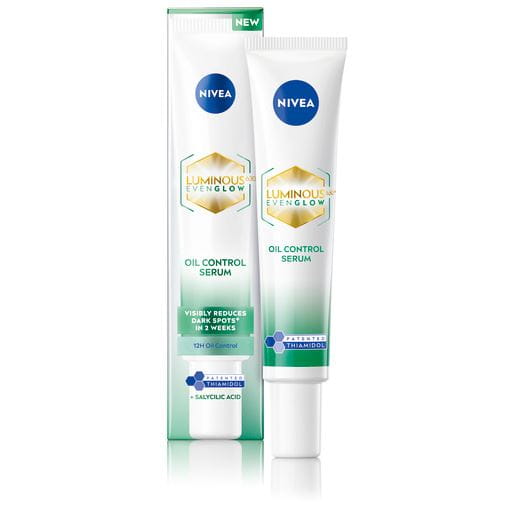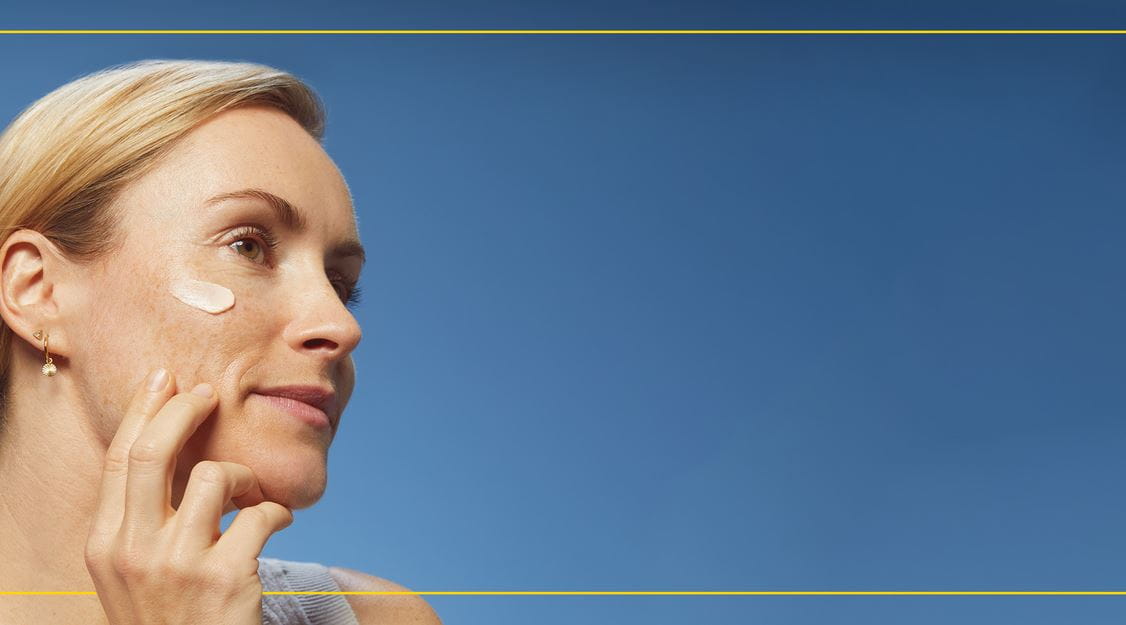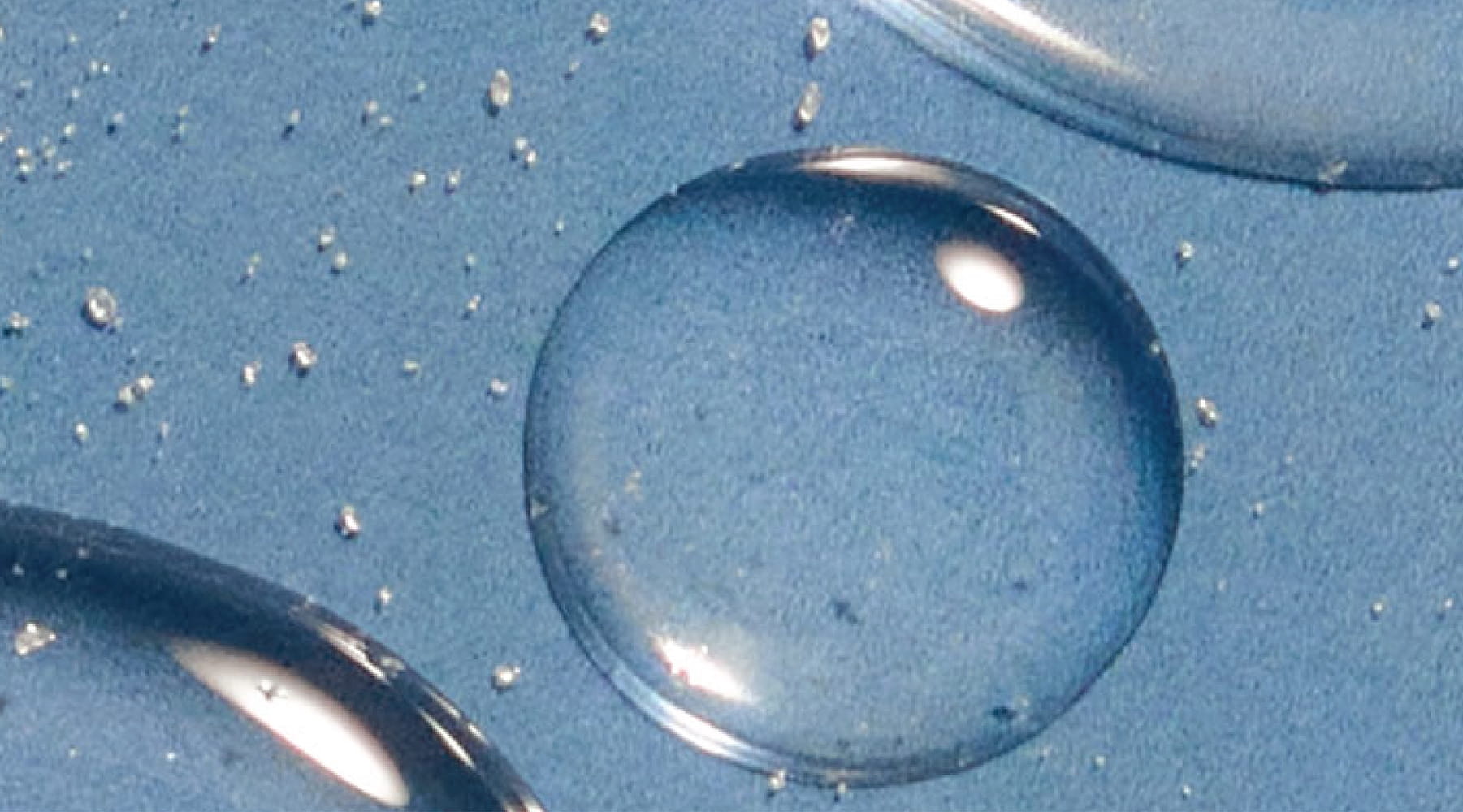
Hydrate Your Skin Type: Tailored Tips for Every Complexion
Why Hydration Matters
Hydrated skin is more than just a glow; it’s a sign of healthy, well functioning skin. A good moisture balance helps maintain the skin's natural barrier, improve elasticity, and protect it from environmental stressors.
When you observe that your skin tends to look dull, flaky, or tight, maybe it is a sign that your hydration level has dropped, no matter what your skin type is. That’s why understanding how to hydrate skin the right way is essential for keeping it smooth and soft.






